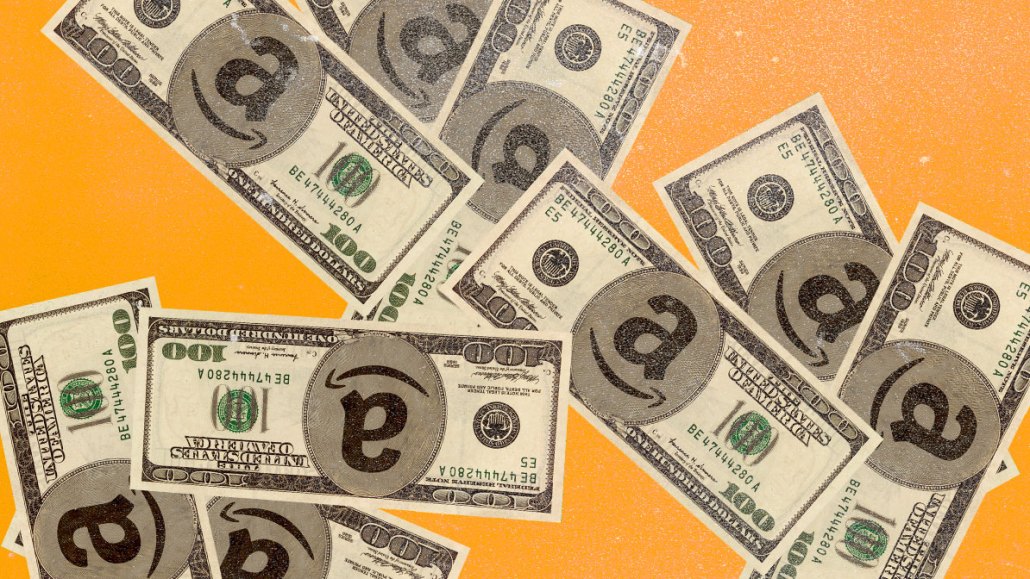Save 50% on a 3-month Digiday+ membership. Ends Dec 5.

Amazon is itching for more advertisers to hop on board with its ad tech. But boy, does it have its work cut out, even if buyers demonstrate a clear desire for greater choice when it comes to demand-side platforms.
Perceptions of its demand-side platform aren’t great, to say the least.
In fairness, they haven’t been for a while.
Many ad executives have found Amazon’s DSP to be cumbersome to use, lacking in measurement capabilities and limited in the range of inventory it offers for purchase.
Despite efforts to address these issues over the past year, they’ve yet to really take effect. Right now, marketers just don’t see the Amazon DSP as a strong alternative to the ones owned by Google and The Trade Desk.
That’s according to what marketers, publishers and ad tech vendors have openly shared with Digiday+ Research this month.
Ad position: web_incontent_pos1
Just 5% of the 44 respondents in a survey by Digiday chose Amazon as their preferred DSP if they could only select one. In contrast, nearly four in 10 (39%) opted for Google’s DV360. The same goes for The Trade Desk.
This considerable gap between Amazon’s DSP and its biggest competitors isn’t shocking. Not when there are many ad execs who still view the DSP mainly as a tool for buying ads within Amazon’s ecosystem.
However, that’s not entirely accurate. Marketers have been leveraging the DSP — and its data — to target audiences outside of Amazon for years. It’s just that it hasn’t gained the same recognition for this as Google and The Trade Desk’s ad tech.
Nevertheless, if there’s a company poised to overcome these odds, it’s Amazon. Few others are better positioned.
In fact, a lot of the things ad execs say they want from a DSP these days align with Amazon’s strengths. When asked to rank those needs, respondents to Digiday’s survey prioritized audience targeting capabilities first, followed by return on investment and return on ad spend, post-ad campaign insights and recommendations, technology vision and roadmap, and, finally, data protection.
Ad position: web_incontent_pos2
If Amazon could somehow reshape the narrative around its DSP, there’s every reason to believe it would win over more ad execs.
More than four in 10 survey respondents (43%) said they somewhat agree that a new, improved Amazon DSP is enough to get them to reconsider spending more programmatic ad dollars with the platform. A further 5% said they strongly agree with the sentiment.
It’s no surprise, really. Some marketers are fed up with the lack of options besides DV 360 and The Trade Desk.
Some 43% of those who were polled by Digiday said they somewhat agree that the DSP sector needs more competition from the likes of Amazon given it’s now dominated by the two companies. Another 18% strongly agreed with the statement.
Matt Prohaska, CEO of Prohaska Consulting, told Digiday the survey results represented a latent desire for more choice when it comes to quality DSPs.
“There’s clear desire for a number three in the market,” he said, adding that a number of The Trade Desk’s event policy changes have meant that some publishers and supply-side platforms will have a bitter taste in their mouths.
“So, there’s going to be a natural reaction for folks to say, ‘Alright, we can only do so much with [Google] DV 360, and this much with TTD.’ So, who else is there?” Prohaska said.
Navigating Amazon’s ad tech challenge is no cakewalk — competing against larger, dominant rivals is always an uphill battle. But it’s not an impossible feat, either. For starters, the Amazon DSP is definitely no shrinking violet. If anything, it’s arguably the biggest DSP out there after Google’s DV360 and The Trade Desk.
The ad execs Digiday surveyed certainly seem to think so.
A third of them (33%) said they’ve used the Amazon DSP in the past 12 months. Only The Trade Desk (at 56%) and Google DV360 (64%) got bigger shares of responses.
More in Media Buying

The Trade Desk loosens its grip on pricing amid buyer pressure
Amid fierce DSP competition, media agencies are finding The Trade Desk’s reps in a negotiating mood.

Criteo CEO Michael Komasinski on agentic commerce, experiments with LLMs, and M&A rumors
Criteo is not up for sale, although ‘no comment’ on potential divestment of assets, and how the future of ads in LLMs is (likely) native.

Ad Tech Briefing: The Programmatic Governance Council is a bid to reset power dynamics
As tensions over TID and GPID peak, Tech Lab is convening a council to hash out commercial ground rules.
Ad position: web_bfu





